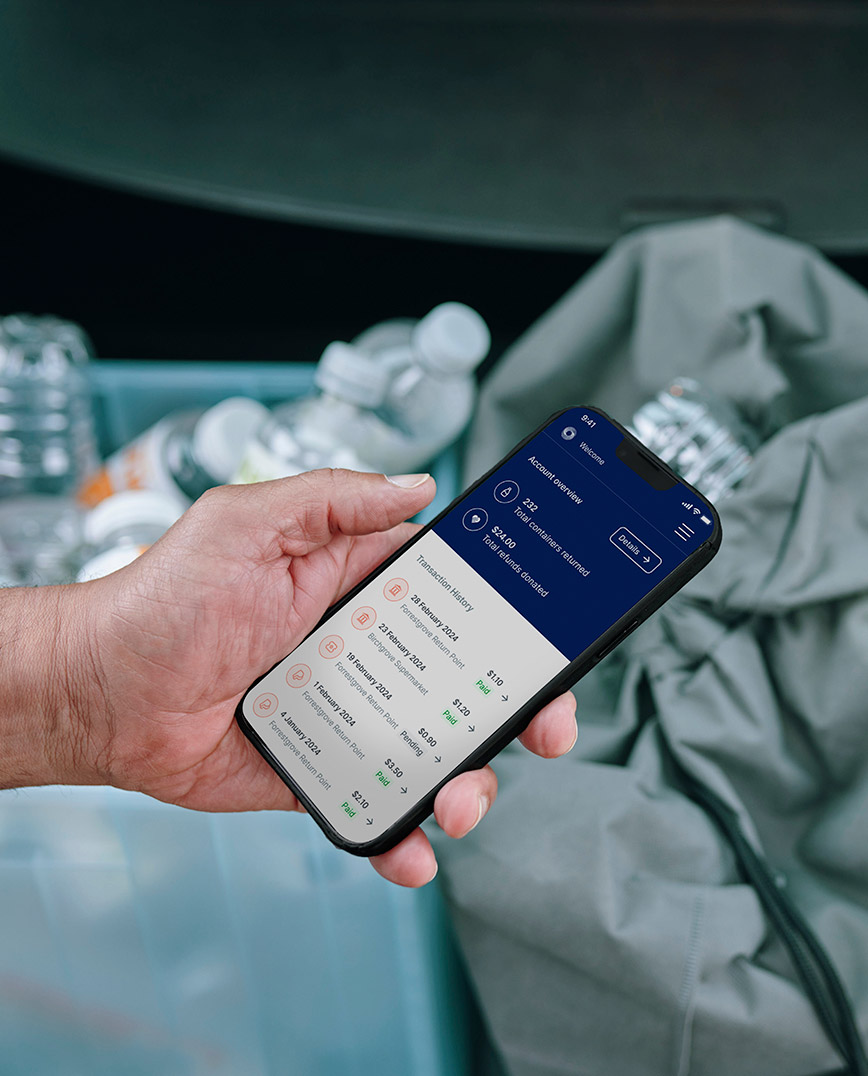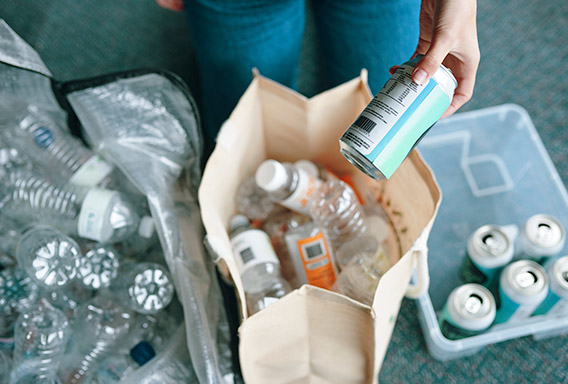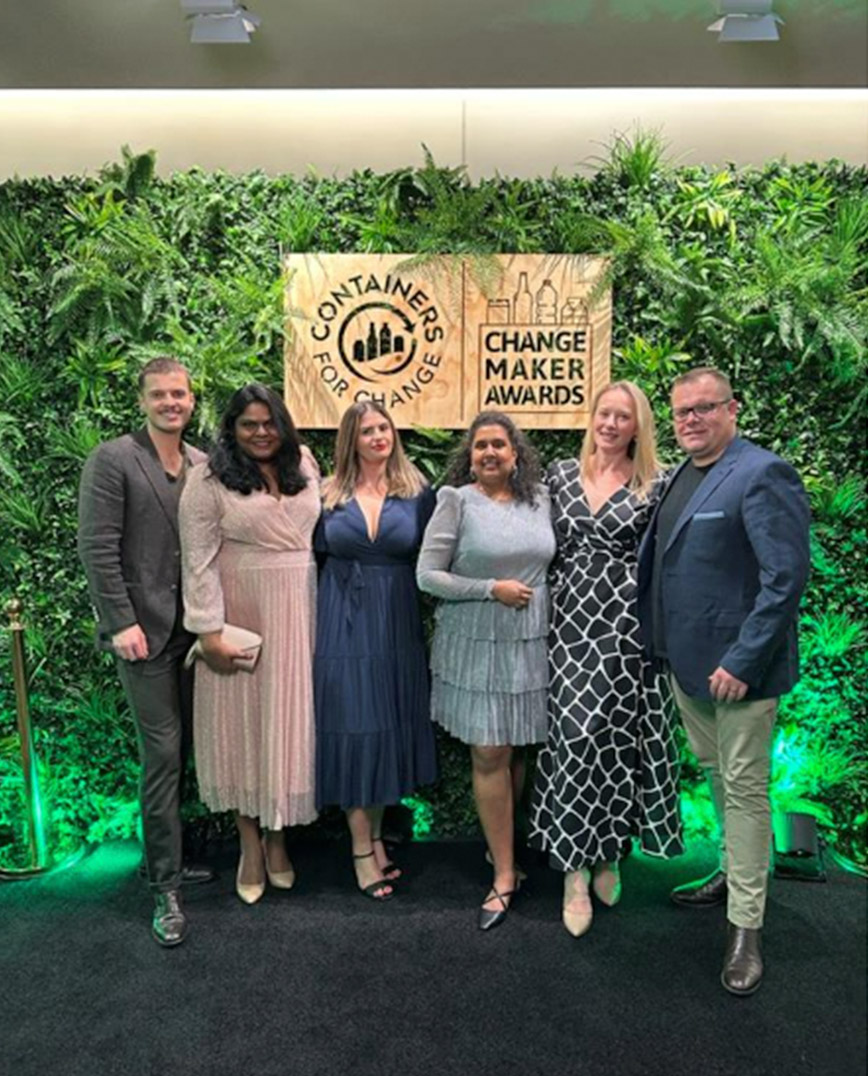
We’re committed to building successful recycling schemes
CES was initially formed in 2017 to help tackle the mounting waste crisis. Initially Container Exchange Services, in 2024 we relaunched as Circular Economy Systems.
Led by our Founder and CEO Chris Blayney, who has been involved in designing and setting up schemes for over a decade, we are specialists in software and services for Producer Responsibility Schemes. Our role is to enable successful recycling schemes, helping to build a genuine circular economy for single-use products.
Since we started, we have grown rapidly, establishing our headquarters in North Sydney, Australia and driving continuous improvement in our software and services.
We are proud to have partnered 4 major scheme launches in our first 7 years, serving a variety of scheme models. To date we have powered transactions for more than 11 billion containers, diverting valuable materials from landfill. Looking to the future, we're committed to accelerating the expansion and impact of recycling schemes, together with our partners, and new schemes around the world.




What is the role of Container Deposit Schemes and the circular economy
What is a clean recycling stream and why is it better?
What is the difference between CES, a Scheme Coordinator and a Network Operator?
Understanding global industry terminology
Our Products
Learn more about our suite of unique SaaS products and payment services
Work for us
Find out more about our diverse, talented team and our mission